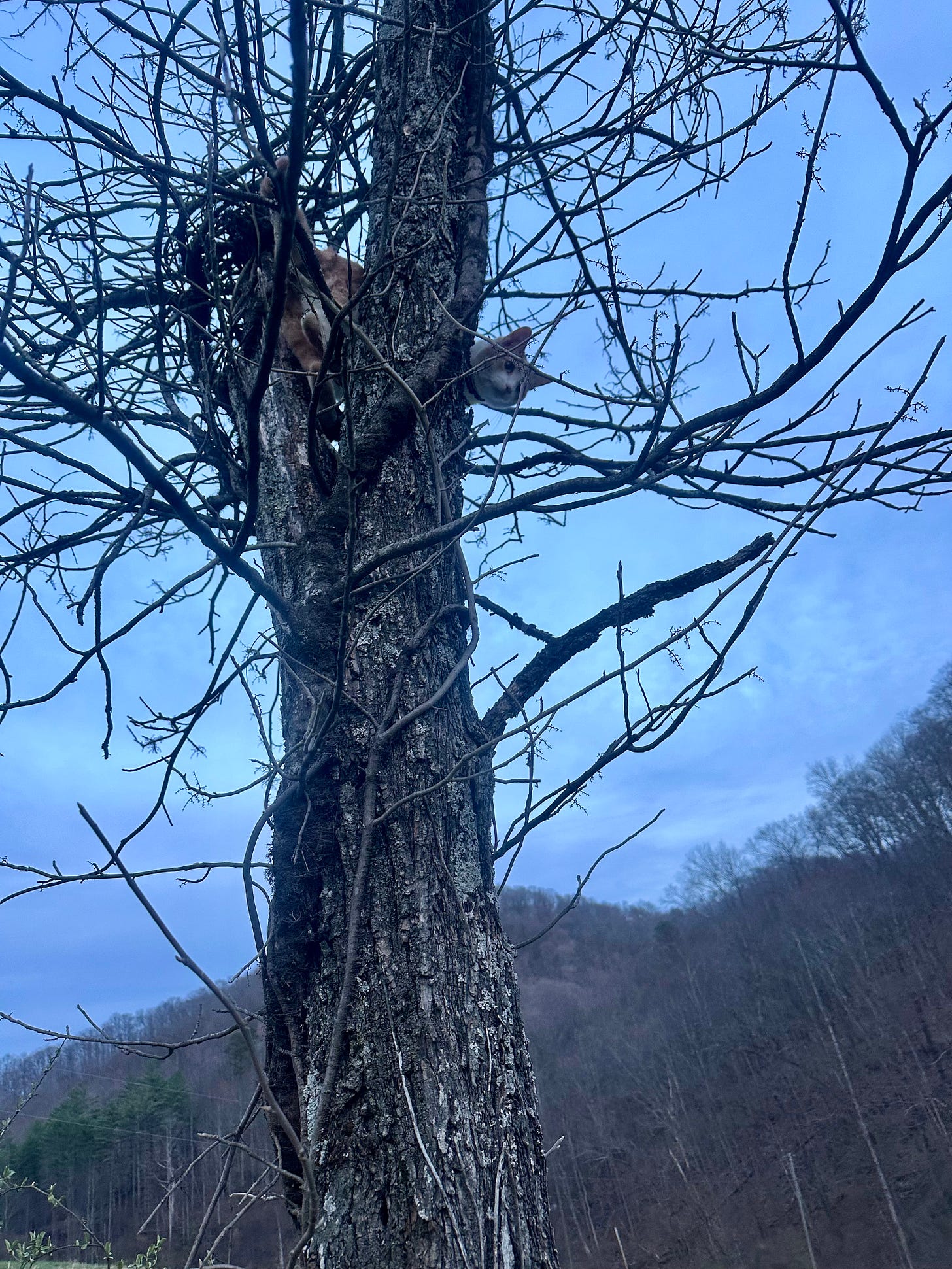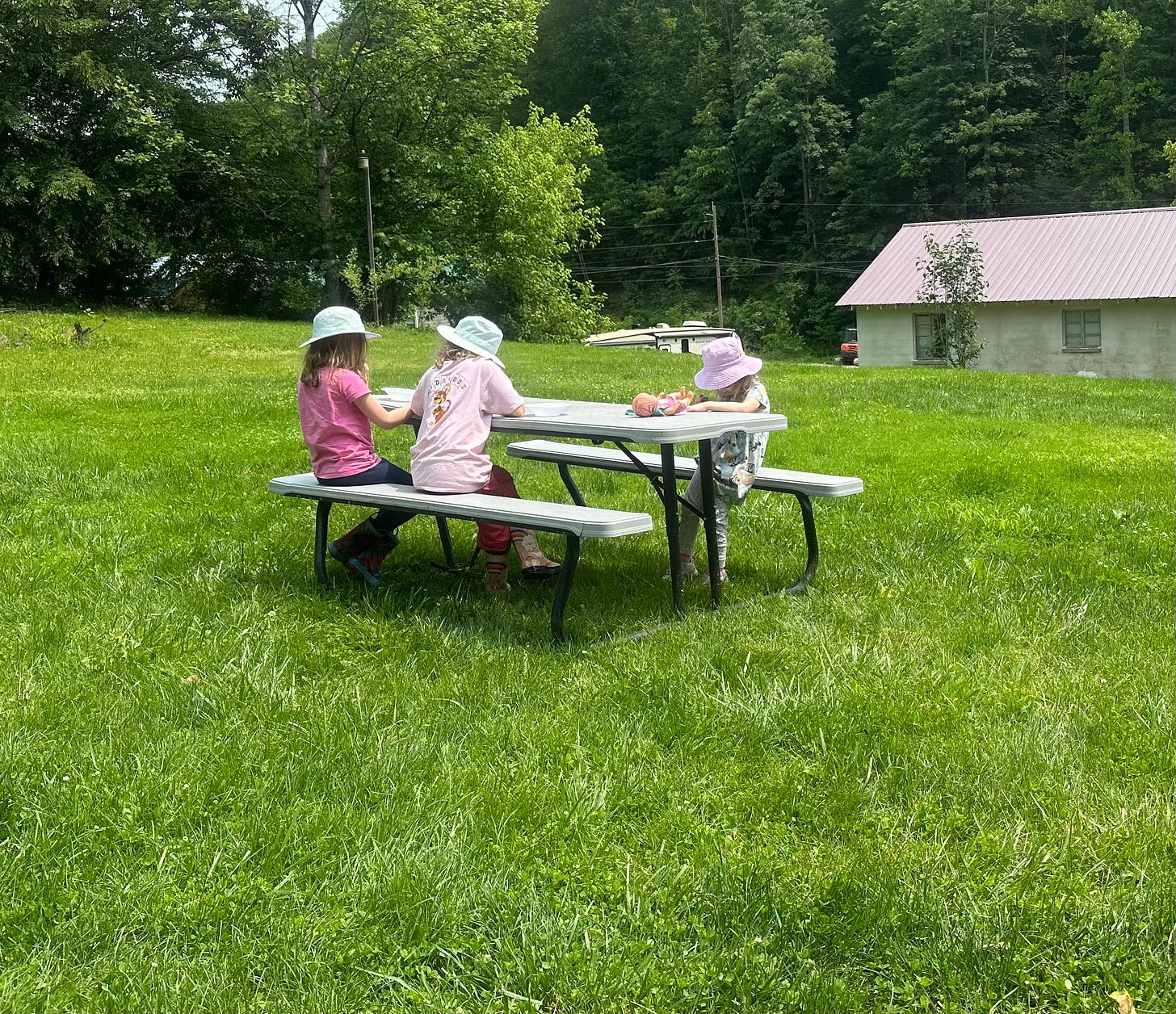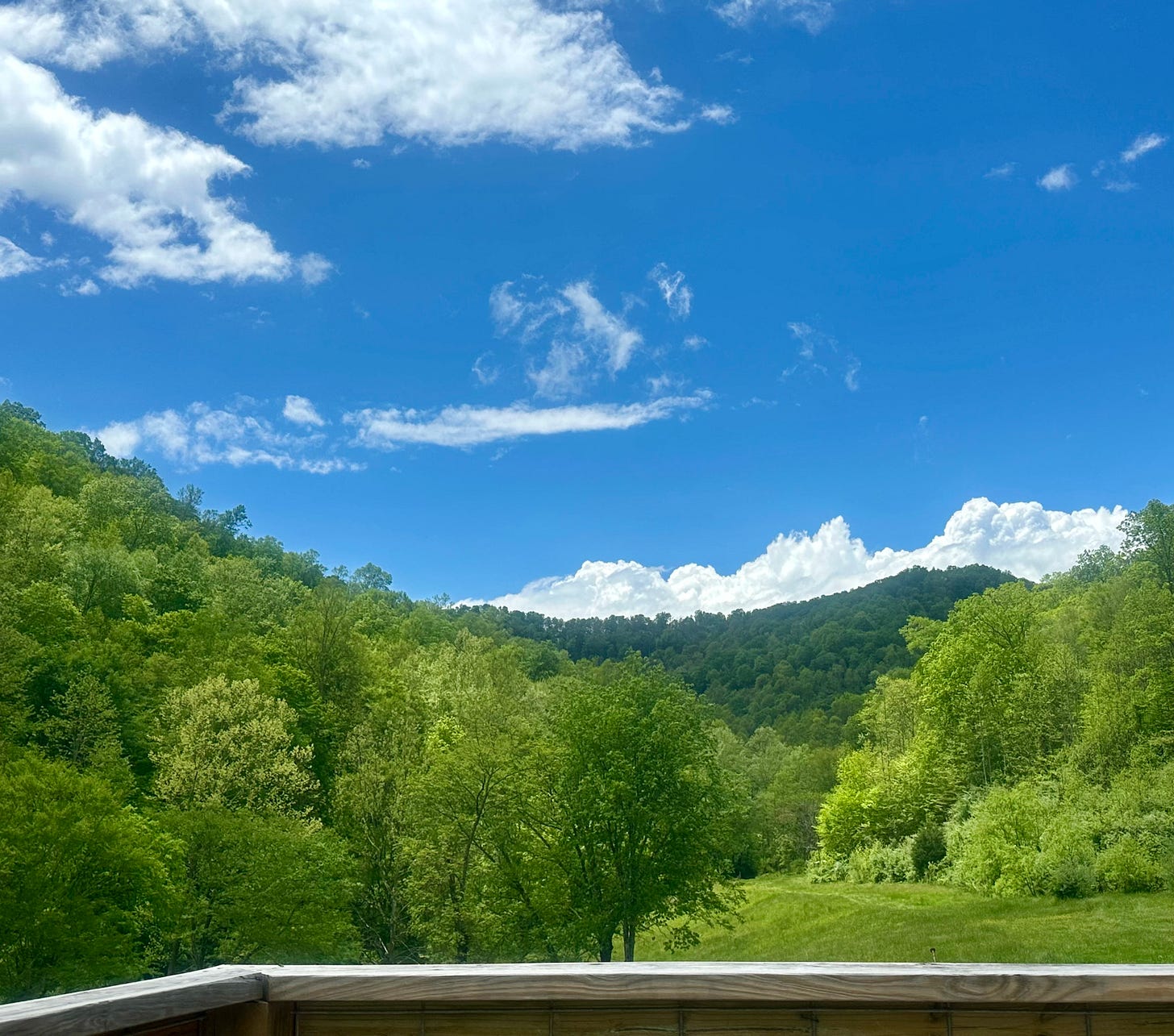
I still don’t really get it that I am the one whose business it is to make decisions about my life.
I lack a sense of entitlement to make my own decisions. To be the decider in my life.
I habitually, subconsciously check everything I do by the measure of what I think other people think I should do. It’s the air I breathe.
What’s behind this knee-jerk subservience?
Maybe it’s partly due to evolutionary heritage—being wired to seek safety in acceptance by the group.
Maybe it’s also partly due to growing up with undiagnosed autism (see post on this)—overcompensating by constantly checking everything I do to make sure it’s socially acceptable.
It’s surely due in large part to growing up with insecure parental attachment (as I wrote about briefly at the beginning of my essay “Where Do We Look for Safety?”).
But all of those things feel like little pen lights beside this huge, glaring, neon answer: growing up indoctrinated in fundamentalist Christianity.
Neon red flags
I grew up believing:
that I didn’t have a right to my own thoughts, feelings, opinions, and choices
that I was inherently depraved, unloveable, and unworthy
that I existed at the mercy of a wrathful-yet-gracious supernatural being
that any kind of inner struggling I experienced—any kind of bad mood, depression, or confusion—was 1) my fault and 2) evidence that I was not properly living/relating with God
that my life was entirely subject to the control, approval, evaluation, input, and review of other Christians in authority over me (pastors, teachers, fellow church members, etc.), as the messengers of God and His Word in my life
From the vantage point of my life now, that was some pretty messed up shit. The term “spiritual abuse” has become helpful as I begin to grapple with what happened to me.
That grappling is something new just now starting in my life. It feels like a seismic shift. I’m sure I’ll be writing more about it, as time and courage allow.
For now, I’ll just say that I’m thinking it’s time to finally start purposefully looking back at that trauma—because I’ve maybe hit the limit of how far I can grow without doing that—and because I really do want to live an authentic life of openly embracing and speaking my truth.
To be or not to be the decider
Sometimes I can manage to get it a bit: “Oh, it doesn’t matter what anybody else thinks I should do! Stop trying to look there for my answers! It matters what I think! I am the one who decides!”
(Whaaaat?)
And in those moments I can rise up to mentally claim the throne in my life and make decisions, however small, that lead to more joy for me and my loved ones. (See my recent post “Learning to Reach for Joy.”)
But most of the time I just really don’t get it at all (see: “Whaaaat?”), and those words in bold might as well be in Swahili or Russian or Elvish, for all I can grasp their meaning. No comprendo.
(I do know a little French, however: C’est moi qui decide!)
So I will keep practicing (and, hopefully, digging into the fossils of my formative years). Here I go, chanting it like a mantra: I am the decider in my life!




It's awful what you went through, but I'm so glad you're in a place of healing now and brave enough to converse with those old ghosts. It's tough digging down to the really tough roots of these behaviors (as we both know!) and I'm always happy to lend what encouragement and support I can. 💪
For me, the struggle with being the decider is more an assertiveness/boundaries issue, I think. When other people need me to do something or behave a certain way, that takes precedence over my own wants and needs; otherwise, I'm just being selfish, right? It's something I continue to work at, but wow the roots of that thinking go really, really deep.